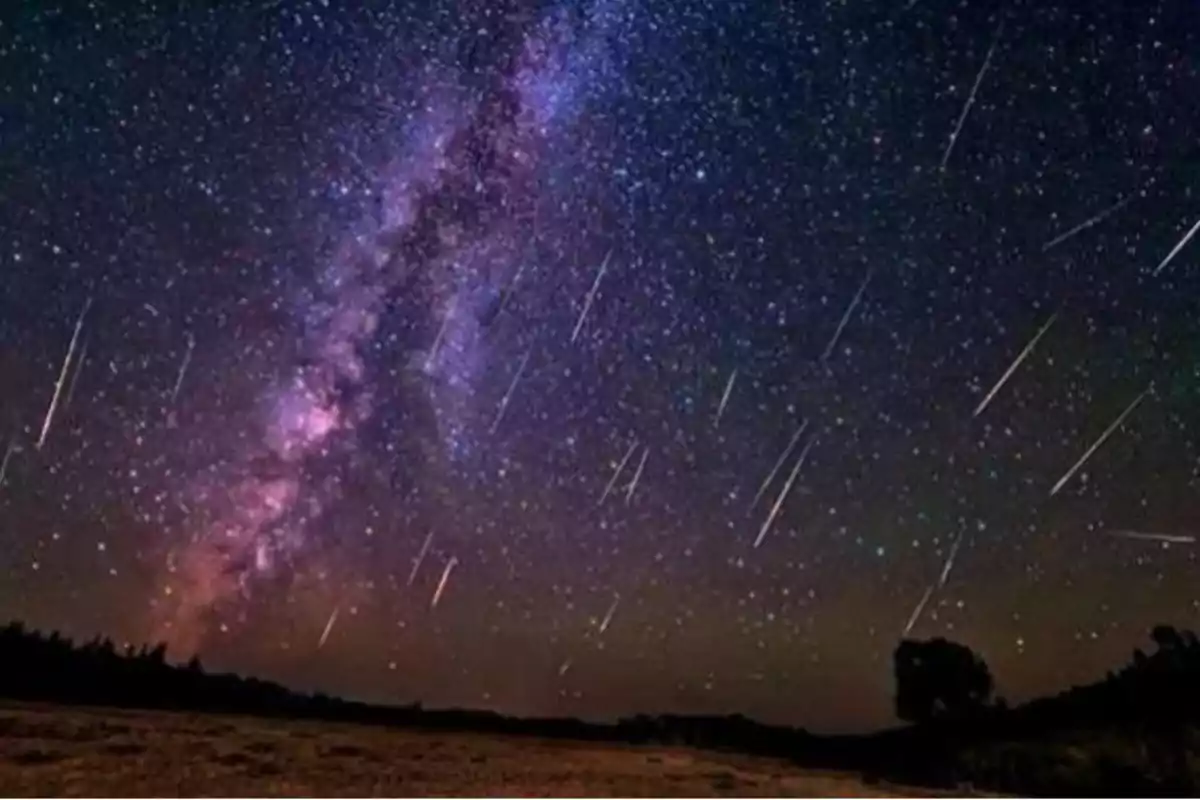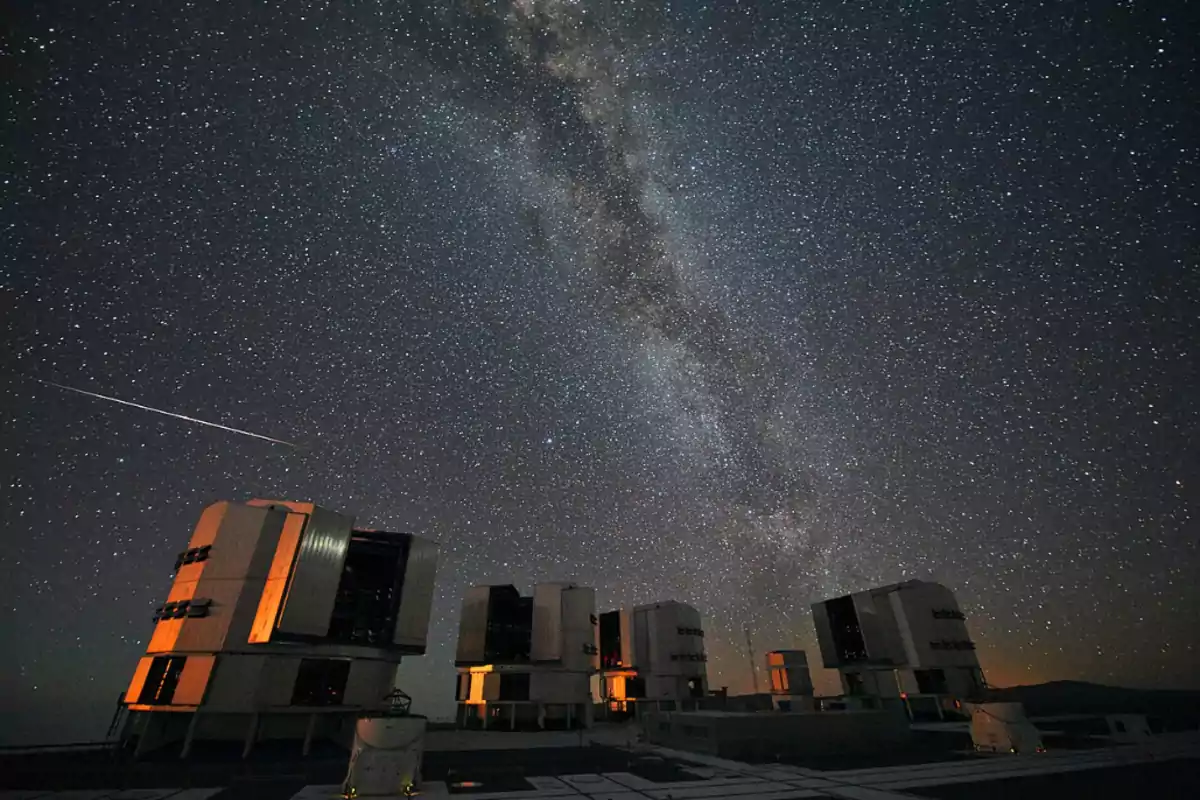
Meteor shower in Córdoba: the Delta Aquarids will reach their peak this Tuesday
It is recommended to look east starting at 8:40 p.m. Up to 25 meteors per hour can be seen during the early morning
This Tuesday night, the Delta Aquarids meteor shower, which will be visible without a telescope or special equipment, can be seen in Córdoba. The phenomenon began on July 12 and will continue until August 23; its peak activity will occur this Tuesday, July 30. According to specialists, the best visibility will be reached at 03:00, when the radiant point is highest in the sky.
In Córdoba, it will be visible from 20:40, when the radiant of the shower—in the constellation Aquarius—rises above the eastern horizon. From that moment until dawn, dozens of meteors can be observed crossing the sky. Ideal conditions will occur if there are no clouds, with the greatest spectacle expected during the early hours of Wednesday.
No specialized equipment is required to enjoy the phenomenon,since it will be visible to the naked eye from any point in the province. Nevertheless, the Observatory recommends moving away from the city to avoid light pollution. Mountainous or rural environments, with darker and clearer skies, offer a sharper and more astonishing experience.

One of the most important meteor showers of the winter
The Delta Aquarids are part of the annual meteor shower calendar and are known for their faint but steady brightness. Their name comes from the constellation Aquarius, since from that region of the sky the meteors that compose the shower appear to originate. It is estimated that up to 25 meteors per hour can be seen, depending on the visibility conditions of the location.
The phenomenon occurs when Earth crosses a region with debris from ancient comets that enter the atmosphere and ignite due to friction with the air. As these fragments burn from friction with the air, they produce luminous trails that are observed as "shooting stars." Although most are very small, the visual effect they generate is striking.
The Delta Aquarids meteor shower is considered one of the most prominent astronomical events of the winter due to its duration and regularity. It also serves as a prelude to another highly anticipated phenomenon for astronomy enthusiasts: the Perseids, which will arrive in August with greater intensity. Both showers make this time of year ideal for skywatching.
More posts: